
Bombay Times Exclusive
The one thing that binds the greatest movies is their ability to stand the test of time. Twenty-five years after James Cameron made Titanic (1997), an epic tale of star-crossed lovers, forbidden attraction and class disparity set against the backdrop of a tragic historical event, it continues its reign as a celebrated love story. Leonardo DiCaprio’s effervescent Jack and Kate Winslet’s resilient Rose made us dream, hope, and believe that love can embolden you to stare death in the face if not melt icebergs.
On its 25th anniversary, the recipient of 11 Academy Awards, Titanic has returned to the big screen once again in a remastered version. On this occasion, master filmmaker James Cameron in an exclusive conversation with Bombay Times, revealed what Titanic truly symbolises and looking back, would he change the much-discussed climax of the film. Read on…
From Titanic to Avatar and its recent sequel, a sentiment that has stayed constant in India is the proximity of your films’ emotional core to Indian cinema and our stories. How do you weigh in on this thought?
The only difference is that I don’t do a song and dance number at the end of a movie (smiles). I was talking to SS Rajamouli (at the Critics’ Choice Awards in Los Angeles) about RRR and how much I enjoyed the physical production, the beauty and spectacle that he had created in his film, but also the tension, the action and all the things that I like. That film made me think about the Indian film industry at large and how much I enjoy Indian films for those reasons – whether it is the emphasis on family, friendship, personal duty towards the people around you and all those things.
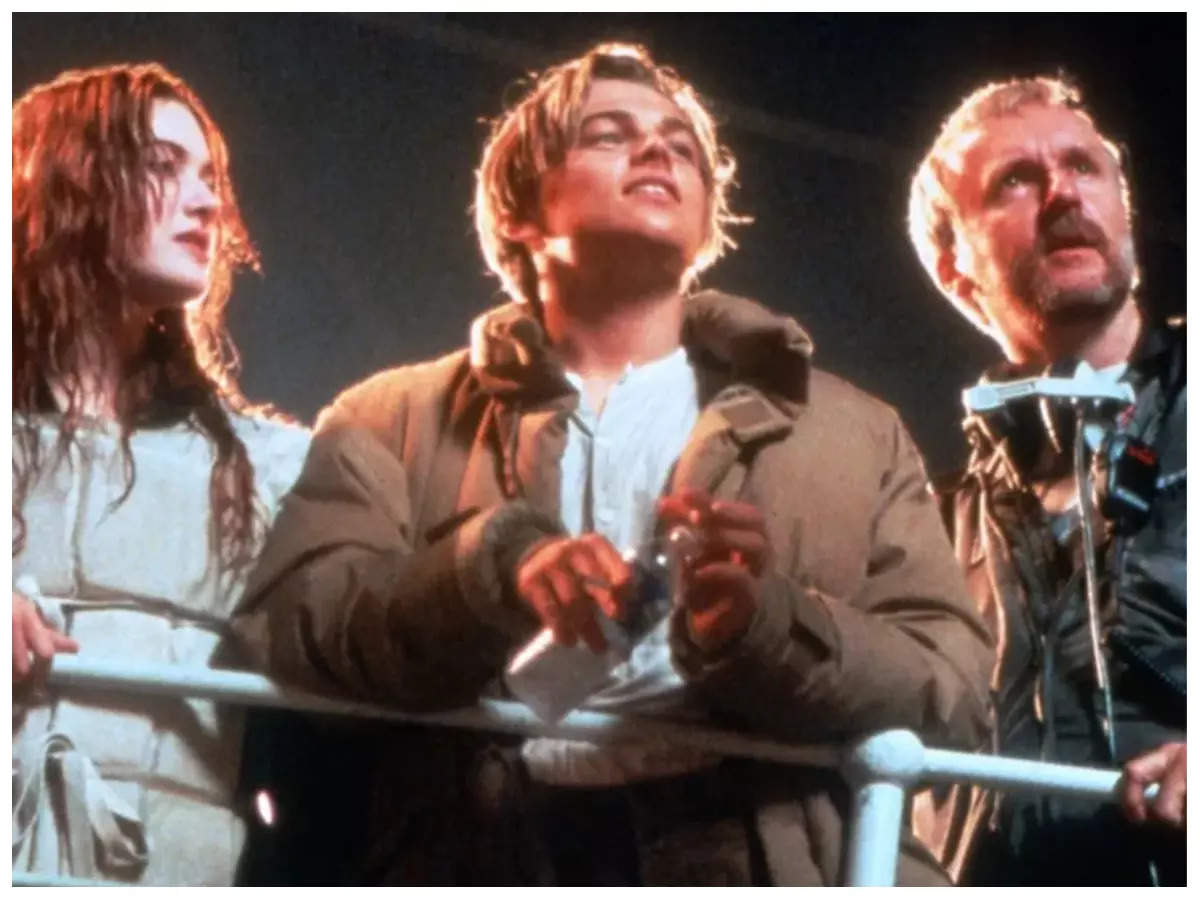
Have you seen Indian films, or are you familiar with Indian culture?
I have now, but I hadn’t when I was making Titanic 25 years ago. I visited India for the first time in 2010 and made a lot of new friends who are still in touch with me. I have paid a lot more attention to Indian cinema since then. The interesting thing was that we didn’t really have a strong release for Titanic in India when it was first released in 1997, because India was making so many of their own movies that you weren’t that interested in our films. Today, I can’t help but notice that India was one of our strongest territories for the new Avatar film (Avatar: The Way of Water, 2022), so it’s a changing and expanding market.
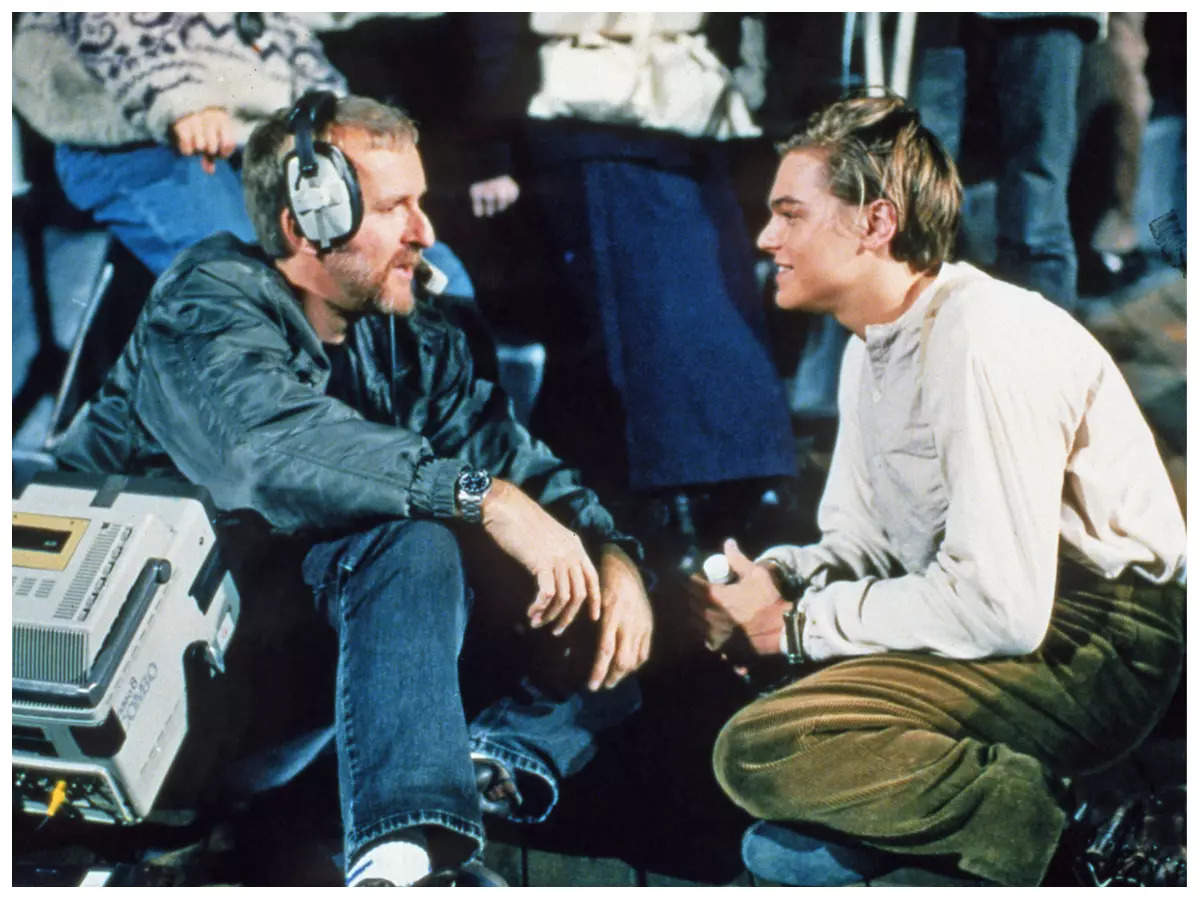
Those of us who grew up in the 90’s, we were kids when Titanic first released here 25 years ago but we still remember how there was a lot of curiosity around it and that it ran to packed theatres.
You may be right. I don’t remember. Let me go back and check on that, but I certainly can remember that India was not as big a player in the global marketplace for international films as it is today, or even as it was 13 years ago when the first Avatar (2009) film was released.
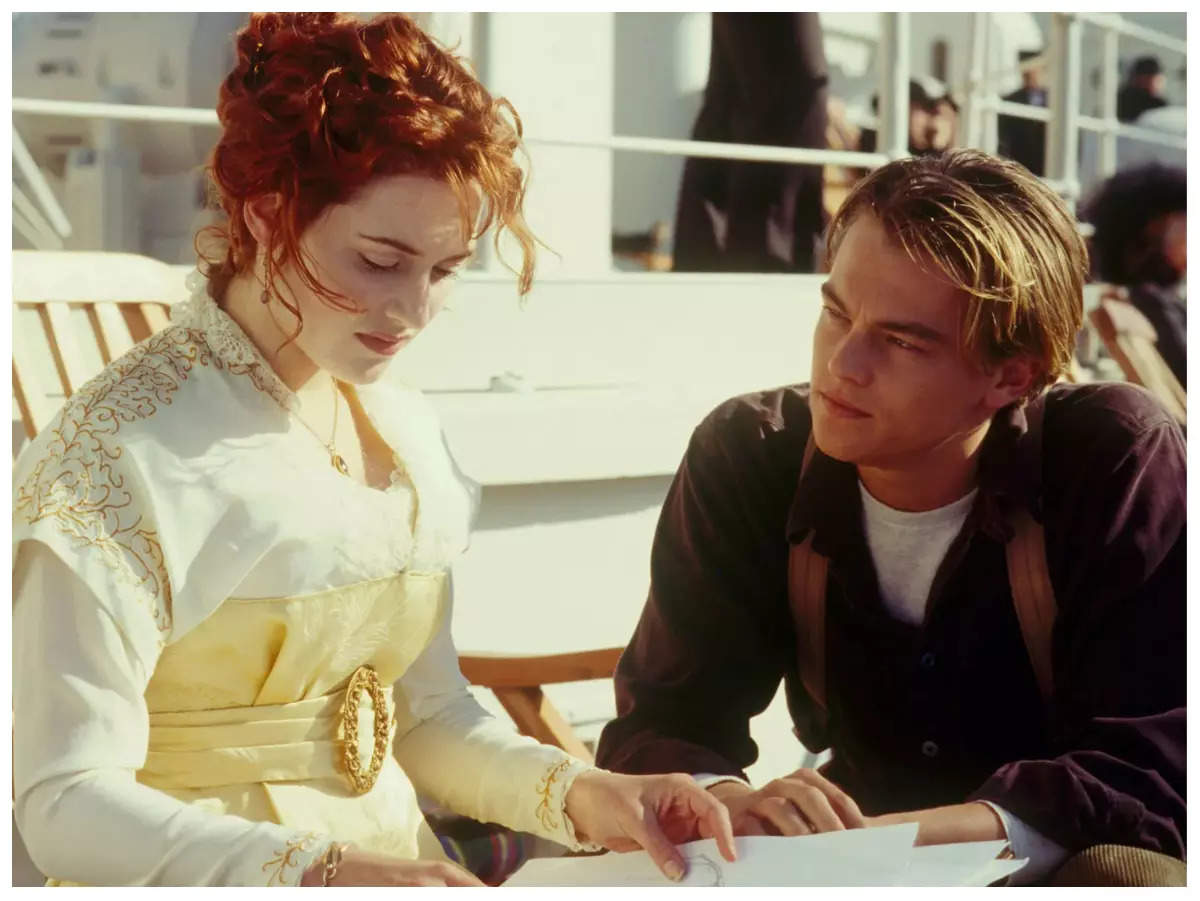
Looking back, is there any change that you would want to see in Titanic? Can Jack survive along with Rose, perhaps?
(Laughs) No. Let’s say somebody went up to William Shakespeare at the Globe theatre 25 years after they first did Romeo & Juliet and said, ‘Hey, do you think it’d be better if we restaged the play today and they both live at the end?’ What do you think his answer would have been? It’s critical that Jack dies! The whole film leads up to that moment; the whole theme of the movie is crystalised and resolved by that, so I wouldn’t want to change that. The only thing that I would change, if I had to change something, would be to make that damn raft a little smaller, so it wasn’t this long-burning fan question (smiles).
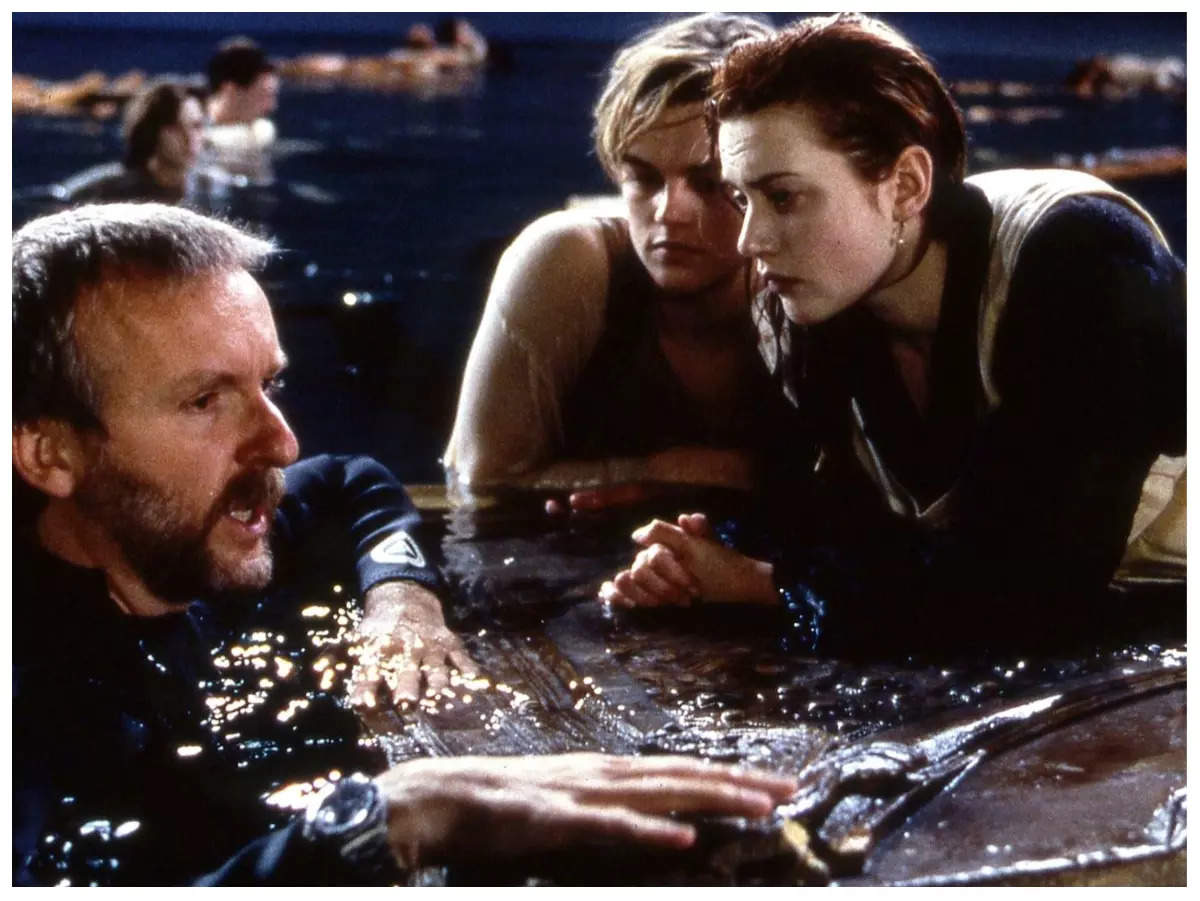
Speaking of the burning fan question, wasn’t there room for two on that raft?
The correct answer to that is yes, there’s room for two (Jack and Rose), but had they both latched onto it, the raft would sink to a depth where they both would be exposed to freezing water and that would compromise her chances of surviving. As the film shows, Rose barely survives by a whisker as it is. So, the chances are they both would have died. We have done some forensic experimentation to analyse that scene and do a trade study, if you will, to see what our options were at that moment. This will be put out on a television channel in a few days and hopefully, that will resolve this long-standing query.
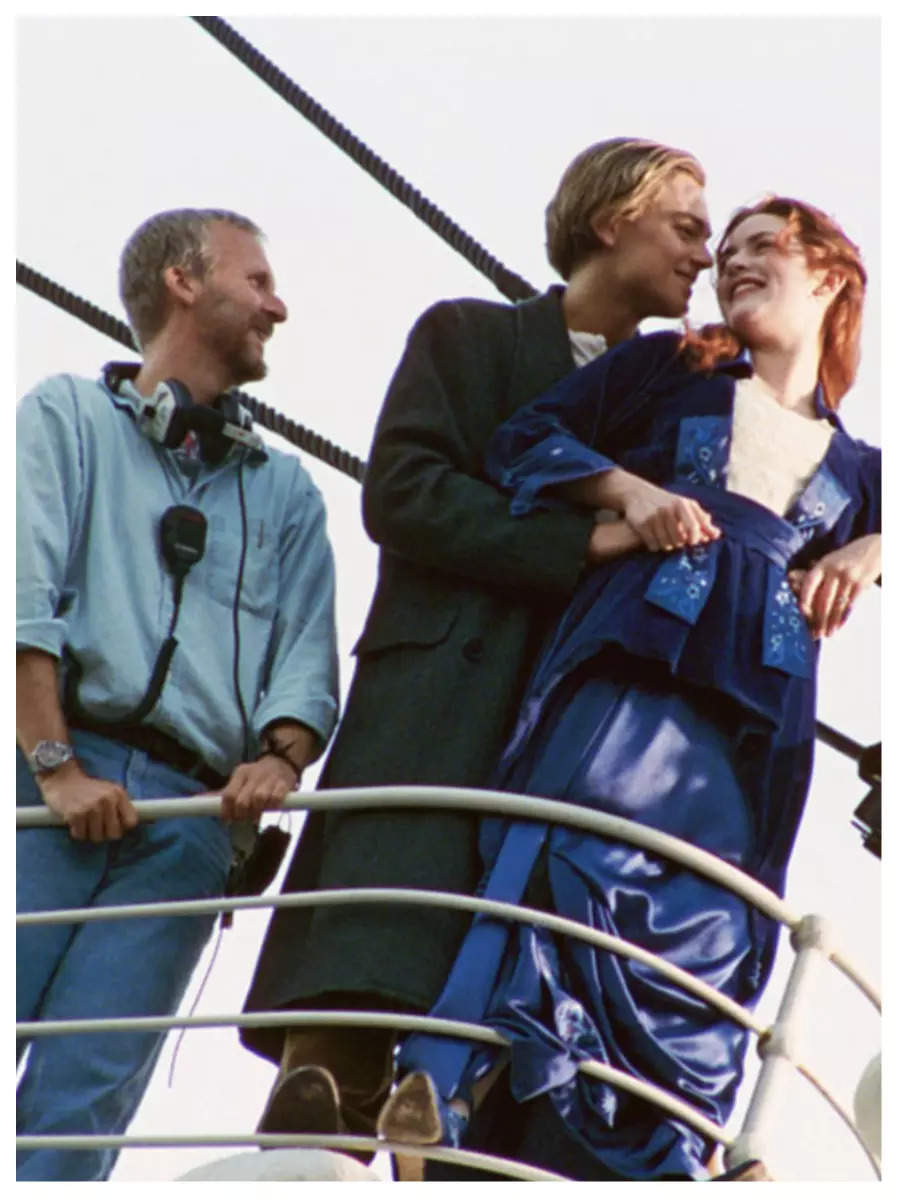
Eleven Oscars and a lifetime of love later, what according to you, lies at the heart of the Titanic? What makes this movie so timeless?
For me, at the heart of Titanic is love in the face of mortality. Titanic is about mortality, life and death. It’s about people making life-and-death decisions. It’s about actual history, about the men who stepped back from the lifeboats to ensure the survival of their loved ones. That’s part of the enduring fascination with Titanic. Telling a love story against the backdrop of a story that’s about our familial love, it doesn’t have to be a boy-girl romantic love. Love for anyone in our lives. We watch Titanic as a way of imagining… What would it be like for me in that situation? What would I do for love? Would I sacrifice myself for love in that final moment? That’s part of the enduring fascination for the movie Titanic and the actual history.